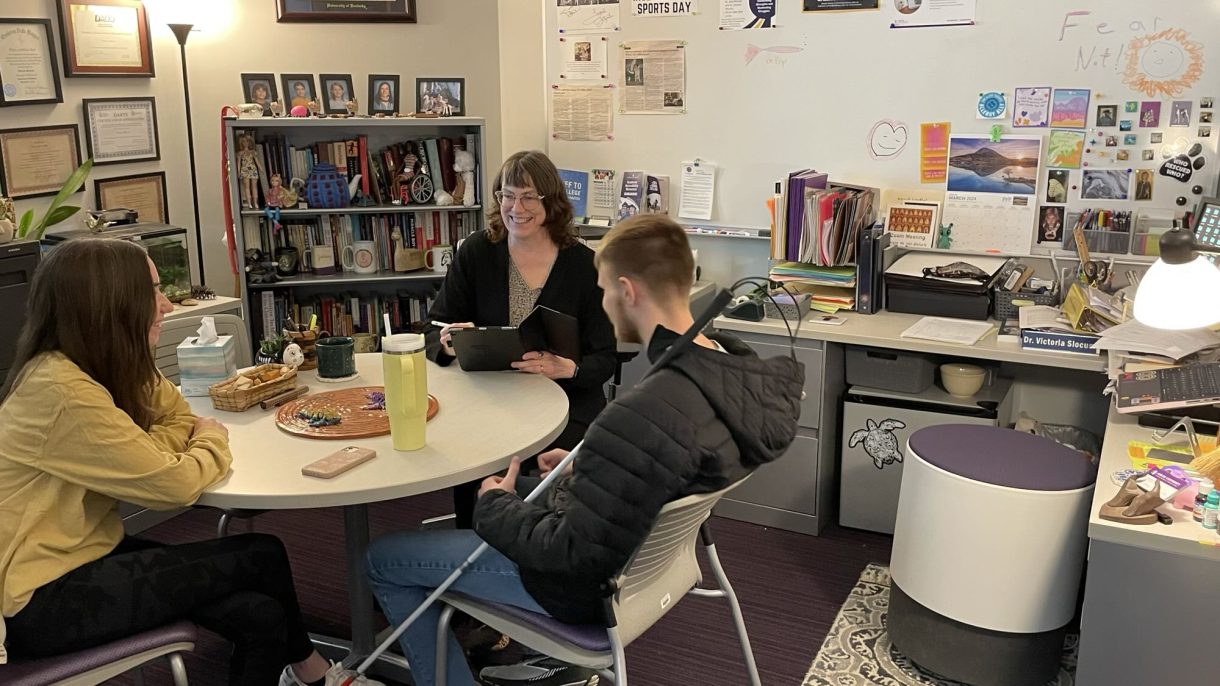
Academic Accessibility Resources
Academic Accessibility provides reasonable academic accommodations for students with disabilities in accordance with the ADA Amendments Act of 2008 (ADAAA).
Since every student’s journey is different, Academic Accessibility offers academic accommodations on a case-by-case basis depending on student self report, past history of need, and current need of academic accommodations. Even though Academic Accessibility reserves the right to request supporting documentation for requested services, we encourage students to meet with Academic Accessibility as soon as possible because accommodations are not retroactive.
Students who receive academic accommodations complete the same course requirements as all students, and accommodations will not interfere with the fundamental requirements or objectives of the course. Academic accommodations are meant to provide equal access to students.
Students who would like more information about receiving academic accommodations, can contact Academic Accessibility, at academicaccessibility@asbury.edu to receive more information about the services available.
Applying for Accommodations
Once you are admitted to Asbury, you can apply online for accommodations. Use the link below to apply for accommodations.
Scheduling a Meeting
To schedule a meeting with our Academic Accessibility Resource Department, please use the link below.
Schedule a Meeting with Bookings
Important Forms
See forms for Academic Accessibility, Rights and Responsibilities, test proctoring, and other forms.
Confidentiality
Disability information will remain confidential unless permission is given by the student or where disclosure is required by law. Documentation is housed in the Center for Academic Excellence and the Academic Accessibility Resource office. Documentation will be kept five years past graduation and three years past transfer or withdrawal.
What to Expect
Transitioning from high school to post-secondary educational institutions can be intimidating and stressful. For students with disabilities and their families, the transition process requires extra attention to legal requirements and required documentation. This document provides some excellent comparisons between high school and post-secondary education.
The Student Guide to Academic Accessibility describes many of the accommodations available through Academic Accessibility Resources.
Suggestions for Success in a post-secondary school are available here.
For Parents
Parents of students with disabilities may find these Tips for Parents helpful as your children prepare to enter college.